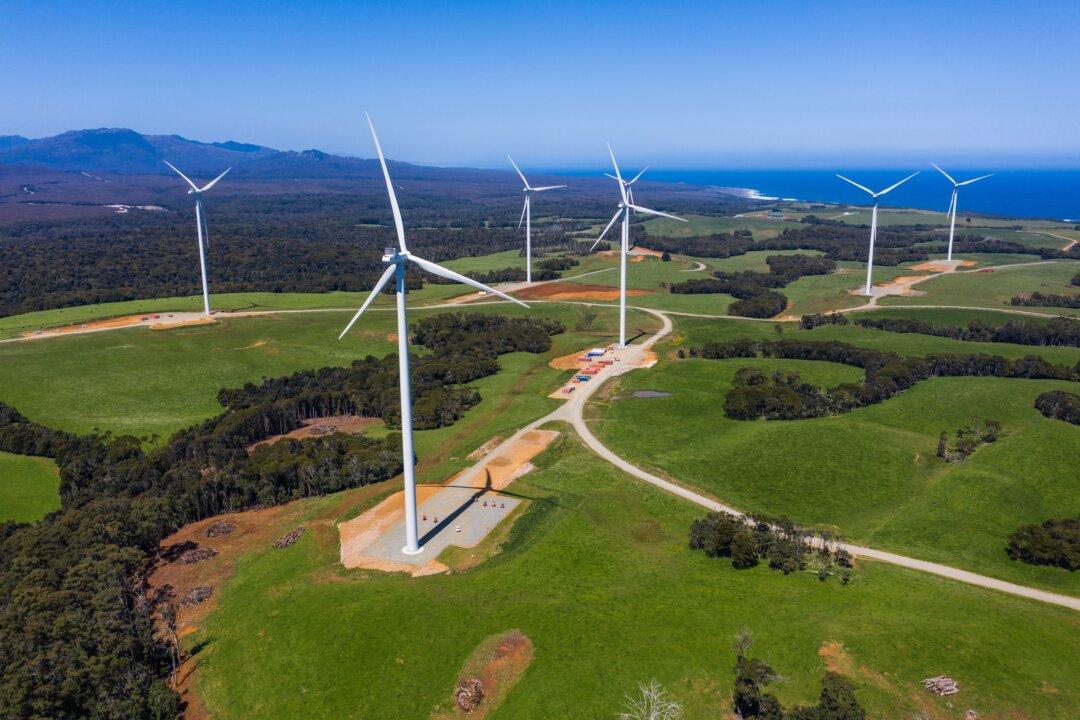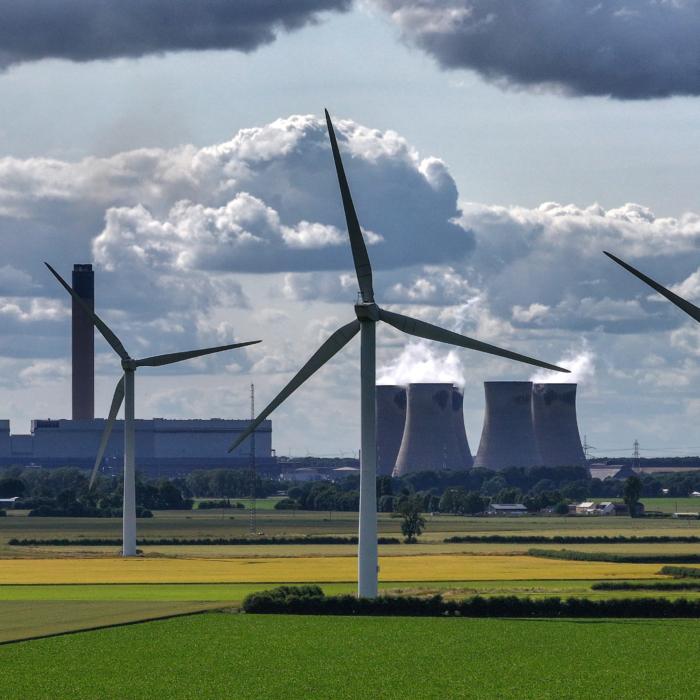The move to net zero will be much more expensive than people have been led to believe and the exact cost of transitioning is not fully known, senior economists have told the Lords Economic Affairs Committee.
Mr. Blanchard told the Lords committee: “We don’t know exactly what it is. We know what we have to do today. But we don’t know how long and how much it will be in the future.”
“I think a major issue which has been raised by the different strategies on both sides of the Atlantic, is whether you basically go for a subsidies route of carbon fees or a carbon tax route; it makes a gigantic difference,” Mr. Blanchard said.
‘Renewables Are Not 10 Times Cheaper Than Fossil Fuels’
Sir Dieter Helm, professor of Economic Policy at Oxford University, also told the committee that net zero will be “much, much more expensive than people imagine.”Mr. Helm said the reason was because the calculation for the cost of these technologies had not factored in the low density energy of renewables or that these energy sources are distributed, geographically, very widely, meaning an added cost of transmission networks.
He also raised the cost of intermittency, which would require backup energy sources such as for when the wind is not blowing.
“And then you get a very different number that appears out of these calculations,” Mr. Helm said.
“It’s absolutely clear that renewables are not ten times cheaper than fossil fuels,” he added, “or three times cheaper. In fact, the fossil fuel prices are falling very sharply.”
The Oxford professor continued that he thought “the costs are substantially higher,” explaining an intermittent system with 50 gigawatts for wind requires around 130 gigawatts including standby assets such as nuclear or gas, compared with the old capacity that required about 70 or 80 gigawatts to meet total demand.
The Cost of Net Zero
The Climate Change Committee (CCC) in its 2020 carbon budget estimated that it will cost £1.3 trillion in the three decades to 2050 to achieve net zero.This would translate into a cost of £6,070 per household per year, as opposed to the CCC estimate of £1,776.
Report author and economist Ewen Stewart said that the UK “may wish to maintain an aspiration of net zero, as many others have done” and it “should continue to innovate.”
However, Mr. Stewart warned, “But to drive a potentially four and a half trillion pound project based on technology that in many cases is unproven, risks the very fabric of the UK economy and genuine societal hardship.”
A Department for Energy Security and Net Zero spokesperson told The Epoch Times at the time that “we simply do not accept these figures.”
Prime Minister’s Climate Policy Roll Back
In September, Prime Minister Rishi Sunak rolled back various climate policy proposals, including extending the deadline for a new-sale ban on petrol and diesel-powered vehicles and the date for installing heat pumps in homes from 2030 to 2035.In December, BBC TV presenter Chris Packham launched a legal challenge against the government’s decision, claiming Mr. Sunak does not have the legal right to change “at will the timeline to help the UK meet net zero because the actioning of policies in the Carbon Budget Delivery Plan is governed by statute.”
“They should not have been changed without proper process and consultation. I believe that action was unlawful,” Mr. Packham said.
A spokesperson for the Department for Energy Security and Net Zero said at the time, “We strongly reject these claims and will be robustly defending this challenge.”
They continued: “Recent independent Climate Change Committee analysis shows our more pragmatic approach has no material difference on our progress to cut emissions. Households will now have more time to make the transition, saving some families thousands of pounds at a time when the cost of living is high.”







